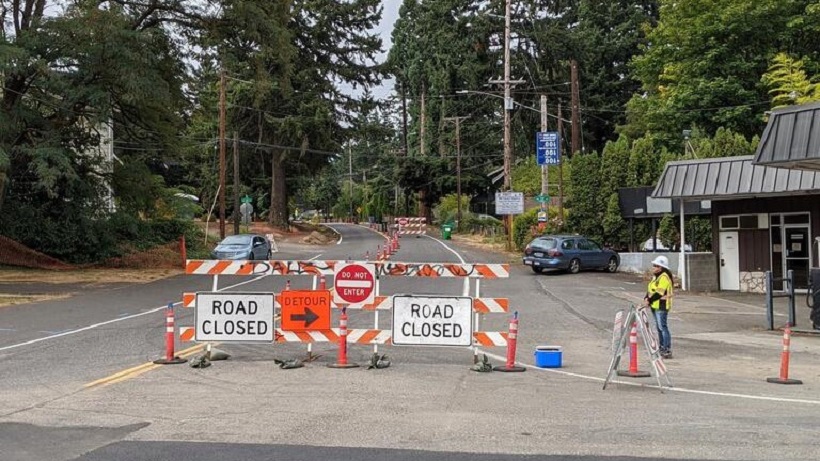If there was one lesson that stuck with me the most through the pandemic, it might be not to think any plans are permanent. For two years it felt like every single time we made plans, they would get changed, canceled, or would come with five contingencies attached to them because everything else kept changing. At a certain point, I labeled everything on my calendar as “tentative” because we really didn’t know what would transpire. On the one hand, having to pivot has made me much more flexible, albeit a little dizzy. On the other hand, the last-minute nature of just about every plan can get old after a while.

Needless to say, Covid didn’t invent the pivot, but it certainly heightened it. Even pre-pandemic, life gave us plenty of instances that required some resetting of expectations. It’s human nature to doubt and then have to scramble, and we see one example of this in our Torah portion this week.
This week we read from Parshat Bo, detailing the Exodus from Egypt. The Israelites are a traveling people, and in Parshat Bo the Israelites are steps away from leaving Egypt. Pharaoh refuses again to allow the Israelites to leave, and each of the three refusals brings with it one of the three final plagues. The narrative continues with the procedures for leaving Egypt, including putting the lamb’s blood on the doorpost and packing up, events which are symbolized in Passover celebrations still today.
In chapter 12, verse 39 we read about the rushed nature of the Israelites’ departure. We read that when the Egyptians finally let them go, it was a mad dash to get out. In fact, the Torah’s description of “nor had they prepared any provisions for themselves” is why we eat matzah on Passover. But here’s the question: Why didn’t the Israelites prepare? Had they not witnessed the plagues? Did they not believe that God would free them? Were they doubtful of Pharaoh? Was it an ingrained slave mentality to plan day-to-day instead of looking ahead? Or was it the numerous false starts that led them to simply sit and wait?
Before the pandemic, it felt odd that the Israelites hadn’t prepared, and year after year I would lament the fact that they didn’t at least make some bread in advance so we could celebrate liberation with something other than matzah. Then, however, came Passover in 2020, when so many of us were not only unprepared, but couldn’t even get to the store. It was almost like the Exodus we read about this week. The lesson, of course, is that faith is not necessarily about preparation, but about how we react. It’s those pivots and adjustments that help us continue to move forward, despite what may lie ahead.



